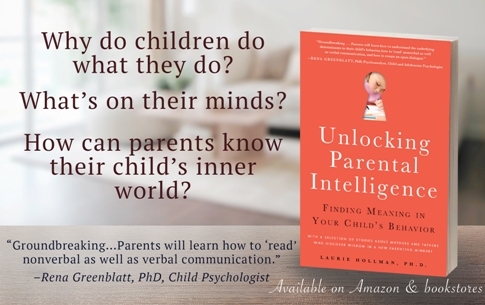Many people suffer from Generalized Anxiety Disorder, which means that they are often on edge, tense, and generally hopped up a good part of their day. This style of living becomes habitual and a norm without even realizing it. These habits or behaviors can be changed by recognizing all people are not like this and there are alternatives. Such folks tend to rush about sometimes in a scattered way and yet there are easy coping skills that can settle them down.
Here are six suggestions to change those habits:
• Slow down! You may find yourself moving more quickly than is necessary. Slow your pace and everything will get done but you will be calmer. Drive slower, walk slower, talk slower, answer phone calls and texts slower. It all helps a great deal.
• Take a fifteen minute "power stress relief time." This just involves sitting down or lying down and doing nothing but attending to your heart beat. If it is racing, take slow deep breaths and empty your mind of anything that worries you or is on your schedule.
• Have a cup of decaffeinated (very important) tea that is soothing.
• If it's a nice day, go out and let yourself feel the sun's rays for a few minutes. The warmth is comforting.
• If you're a loner that's fine, but not so great for anxiety. Put on some easy listening music with head phones and zone out for a while.
• If you're more gregarious call that friend who is a calm inducer and either chat about random stuff or share your worry. Whatever works for you. The connection and an feeling of being understood can do wonders.
Taking Cues from Others that Your Anxiety is Overboard
Because you are a generally anxious person, you may not realize the effect you have on others. But if you are observant you will catch on to how your anxiety levels affect others and this can cue you in to when you may be overreacting, worrying when it isn't necessary, and feeling afraid when there is nothing to be scared about.
•When your child tell you to "chill." He may be right that you are worrying over nothing and can get a grip on yourself and use your intellect to see a situation more rationally.
•When you are frustrating those around you by rushing them and they complain about it, they may be giving you good advice. There probably is more time to do what you're attempting than you realize. Thank them and apologize.
•Do you notice that when you are going from one activity to another, you are actually running or moving at a very fast pace? Take a cue from yourself that this is an expression of your anxiety, not a result of the situation at hand.
•Do you move from task to task and never give yourself a pat on the back for what you've accomplished? When someone thanks you for what you've done, take the time to absorb what they have said. It will reduce your anxiety, slow you down, and it feels really good!
•Observe how others go about their tasks. Compare yourself to laid back people. Learn by watching them what it means to be easy going. Use them as models. When they tell you, "You seem to be relaxed today" you know you've accomplished a major change in your anxiety level.
Anxiety is a state of mind that is demonstrated by your behavior. Your behavior sends the message that you are nervous and maybe overwhelmed. Is that the message you want to send others? Is that the message you want to feel within yourself?
Laurie Hollman, Ph.D., is a psychoanalyst and author of Unlocking Parental Intelligence: Finding Meaning in Your Child's Behavior found on Amazon, Barnes and Noble, Familius and wherever books are sold. Using Parental Intelligence helps anxious parents build better parent-child bonds and reduces parental anxiety tremendously.
